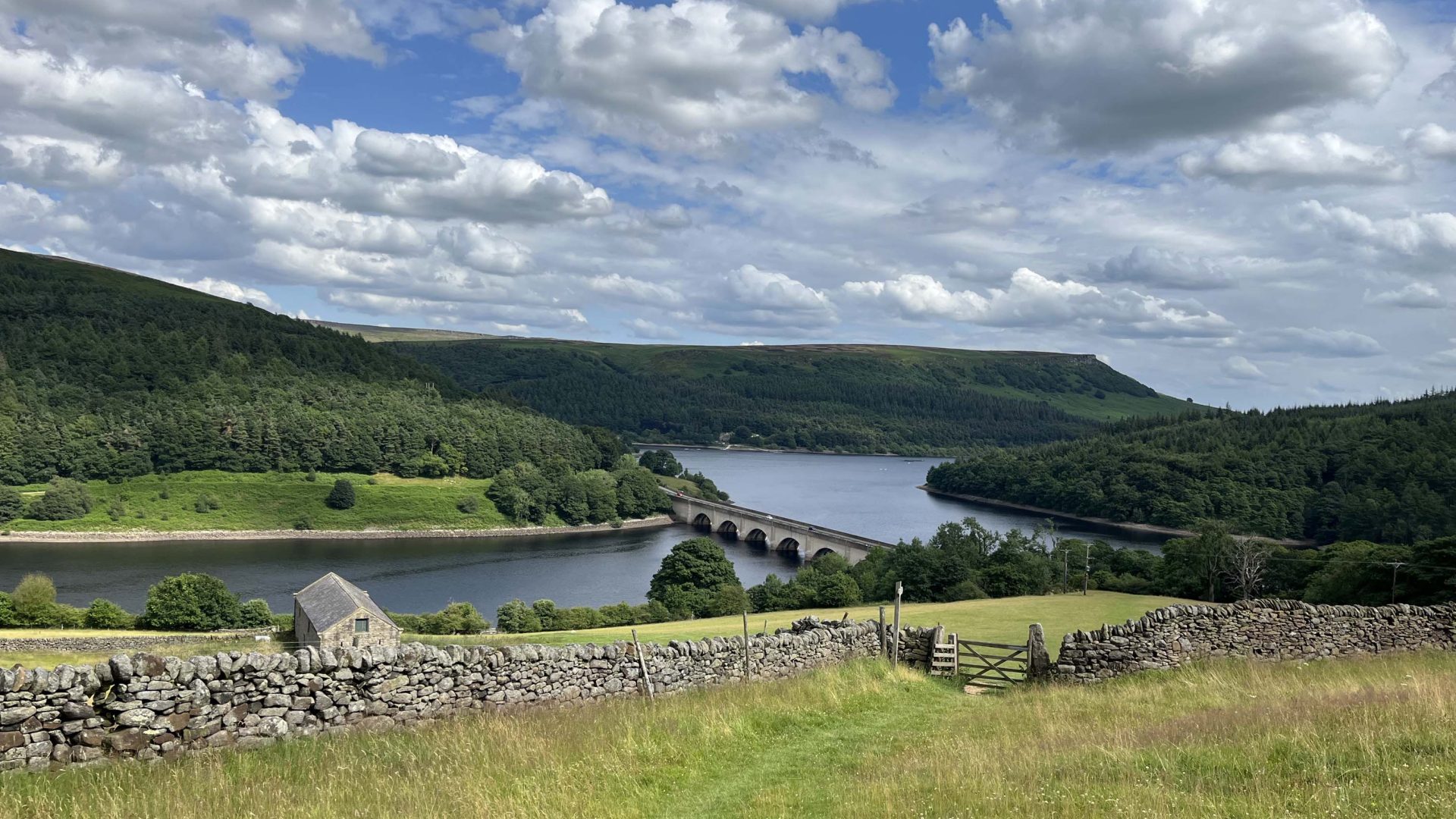
When is a National Park not a National Park?
Published: 14 April 2025
When is a National Park not a National Park? It might sound like a riddle, but for me there’s no humour in the uncomfortable answer: it’s when these special places are no longer regarded as special or manage to stay special.
To understand the current predicament of National Parks in England and Wales, in particular, there needs to be some context. These are landscape designations that remain by and large a product of a different era and on many counts are ill-equipped to deal with the challenges currently facing them. They are frequently misunderstood, too, neither a conventional local authority or, say, a nature conservation or habitat designation. I suspect that some in government don’t even grasp this, which may explain why they’ve been so poorly supported and shoddily treated.
Above all, the unpeeling of English National Park authorities is evident for all to see. The core grant provided to them by the Westminster government has been reduced by 40% in real terms in just over a decade; and with rising costs, the NIC impact, and a further 9% cut in the next financial year, National Park budgets have been effectively halved within 15 years. Visitor services, education and outreach programmes, community projects and even pioneering national initiatives like Generation Green have all been axed, with redundancies across the network.
So how far does this paring down go until we reach a point where National Park authorities simply focus most of their energy and resources on their core statutory function, in other words planning? Arguably it’s already happening, especially with a backdrop of planning reform in pursuit of all-out economic growth. But if we dispense with the qualitative ‘special qualities’ stuff like nature enhancement, cultural appreciation and public engagement, and end up simply with glorified planning authorities and a transactional or process-led mindset, do we really have ‘National Parks’ to speak of? Is this what John Dower, the architect of Britain’s National Parks, really had in mind?
Last year’s 75th anniversary of the legislation that created British National Parks was a timely reminder that not only do we need to take the long view, but we also need to remember what National Parks are meant to be all about. National Park designation – even the British model that sits a little awkwardly within IUCN’s strict protected area categories – is about celebrating ‘specialness’. It’s about how a landscape and what it contains has the power to evoke wonder and inspiration, help us heal, understand and learn. As John Dower observed of National Parks, “there can be few national purposes which, at so modest a cost, offer so large a prospect of health-giving happiness for the people.”
At a time when we face so much global challenge and uncertainty, from climate and nature crises to political and economic turbulence, we need these beacons of health and happiness like never before. But they can also show us how to do things differently, promoting more inclusive and sustainable place-based approaches that can provide new social, environmental and economic ways of working, as the successful Farming in Protect Landscapes programme is demonstrating.
In other words, we need our special places more than we ever have before; and we erode National Parks at our peril.
Stop the Cuts
We’re campaigning to end the destructive cuts to National Park budgets in England.
